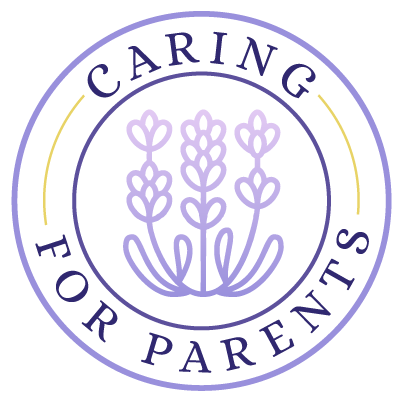The best system for managing prescription drugs and medication for the elderly depends on their specific needs and health conditions. However, there are several general strategies that can be helpful:
- Use a pill organizer: A pill organizer is a container with compartments that are labeled by day of the week and time of day. This can help ensure that medications are taken at the correct time and dosage.
- Create a medication schedule: A medication schedule can be created on paper or electronically, and should include the name of each medication, the dosage, the time of day it should be taken, and any special instructions. This can be especially helpful for seniors who take multiple medications.
- Set reminders: There are many ways to set medication reminders, including using a smartphone app, an alarm clock, or a voice assistant like Amazon Alexa or Google Home. This can be particularly helpful for seniors who have trouble remembering to take their medications.
- Involve caregivers or family members: Caregivers or family members can help manage medication by picking up prescriptions, setting up pill organizers, and providing reminders to take medication.
- Consult with a pharmacist or healthcare provider: A pharmacist or healthcare provider can provide guidance on the best way to manage medication for specific health conditions or medications. They can also check for potential drug interactions or side effects.
Overall, it’s important to create a medication management system that is tailored to the individual needs of the senior and their health conditions. For more information, read: Effective Medication Management: Tips for Safe and Successful Medication Use in Elder Care






